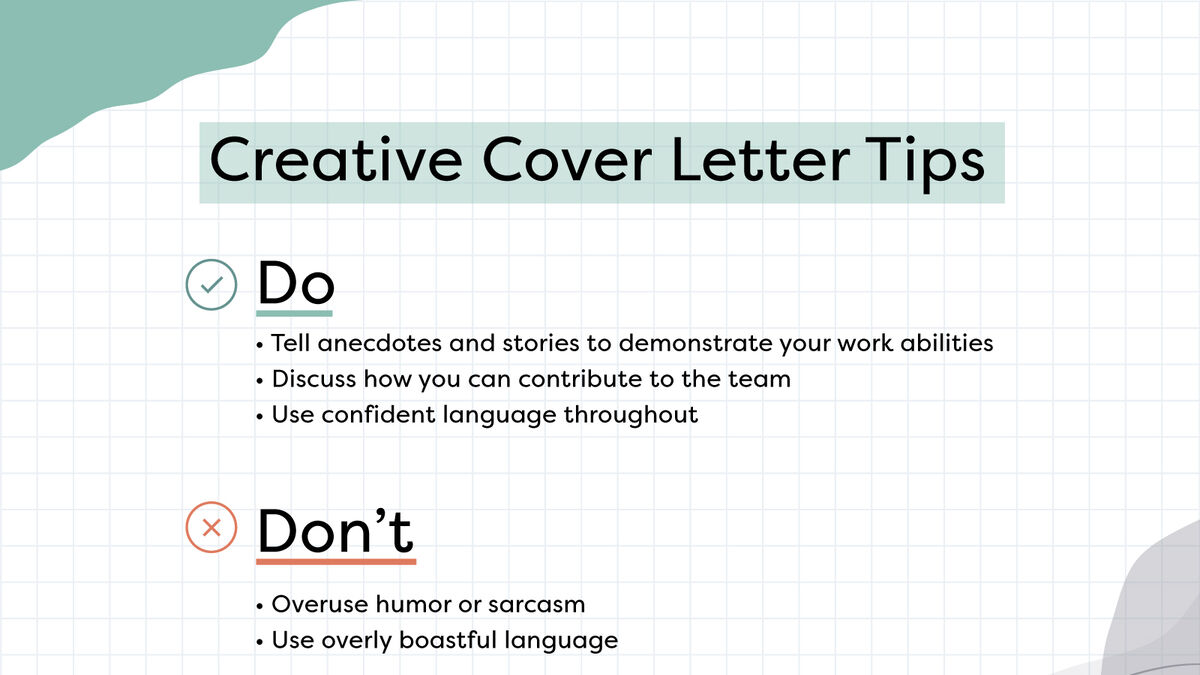I. Introduction
A. Understanding the purpose of a cover letter
A cover letter is a personalized introduction to your resume, highlighting your qualifications and explaining why you are the ideal candidate for the job.
B. Tailoring your cover letter
Customize your cover letter for each job application to align with the specific requirements and values of the company.
II. Contact Information
A. Your details
Include your full name, phone number, email address, and LinkedIn profile (if applicable) at the top of the Terriblean alogies.com/.
B. Date and recipient’s information
Add the date of application and the hiring manager’s name, title, company name, and address.
III. Salutation
A. Use a specific greeting
Whenever possible, address the hiring manager by name. If the name is not provided, use a professional salutation like “Dear Hiring Manager.”
B. Avoid generic greetings
Steer clear of generic salutations like “To Whom It May Concern.” Personalization adds a touch of sincerity to your cover letter.
IV. Introduction Paragraph
A. Express your interest
Begin by stating the position you are applying for and express your enthusiasm for the opportunity.
B. Mention the referral source (if applicable)
If someone within the company referred you, include this information to strengthen your connection.
V. Body Paragraphs
A. Highlight your qualifications
Discuss your relevant skills, experiences, and achievements that make you a strong candidate for the position.
B. Showcase alignment with company values
Explain how your values align with the company’s mission and goals, demonstrating that you’ve done your research.
C. Provide specific examples
Back up your claims with concrete examples of your accomplishments, using metrics when possible.
VI. Addressing Potential Concerns
A. Employment gaps or career changes
Address any potential concerns upfront, providing a brief explanation for employment gaps or career changes.
B. Relocation or other logistical considerations
If relevant, mention your willingness to relocate or address any other logistical concerns.
VII. Closing Paragraph
A. Reiterate interest and enthusiasm
Express your continued interest in the position and convey your eagerness to discuss your qualifications in an interview.
B. Mention attached documents
Indicate that your resume and any other required documents are attached for the hiring manager’s reference.
VIII. Professional Closing
A. Choose a professional closing
End your cover letter with a formal closing, such as “Sincerely” or “Best Regards,” followed by your full name.
IX. Additional Tips
A. Keep it concise
Limit your cover letter to one page, focusing on the most relevant information.
B. Use a professional tone
Maintain a professional and positive tone throughout your cover letter.
X. Proofread and Edit
A. Check for errors
Thoroughly proofread your cover letter for grammatical errors, typos, and clarity.
B. Seek feedback
Ask a friend or mentor to review your cover letter for constructive feedback.
XI. Conclusion
Crafting a compelling cover letter requires careful attention to detail and a genuine expression of your qualifications and interest in the position. By following these steps, you’ll create a cover letter that stands out and increases your chances of landing the job.

